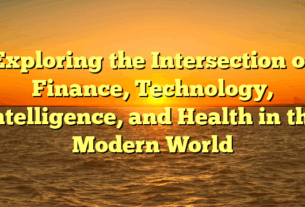At its core, politics deals with authority. It involves balancing competing demands among various stakeholders. Regardless of the system, the distribution and exercise of power defines the political environment.
In countries that value democracy, voting is the primary way for citizens to express their will. The electoral process is supposed to represent the voice of the people. However, the political process is often complicated by partisanship. Candidates seek support to win elections, and conflicts arise that slow decision-making.
Autocracies concentrate authority in the hands of few. Citizen participation is limited or controlled, and freedom of expression may be curtailed. Such contrasts highlight the complexity of governance.
Beyond wsoslot88 , politics includes foreign policy. Global politics involves balancing cooperation and competition. Global problems test political systems’ ability to collaborate.
Civil society plays a vital role in shaping politics. Citizen participation through protests and campaigns can shift power dynamics. Digital platforms amplify voices and mobilize supporters.
Political environments are in constant flux. Awareness of political processes empowers individuals. Political realities influence all aspects of life.
Engaging with multiple viewpoints strengthens political understanding. Constructive political discussion is key to progress.
Ultimately, the influence of politics cannot be overstated. Active involvement and awareness are crucial. Informed participation paves the way for a more just society.



